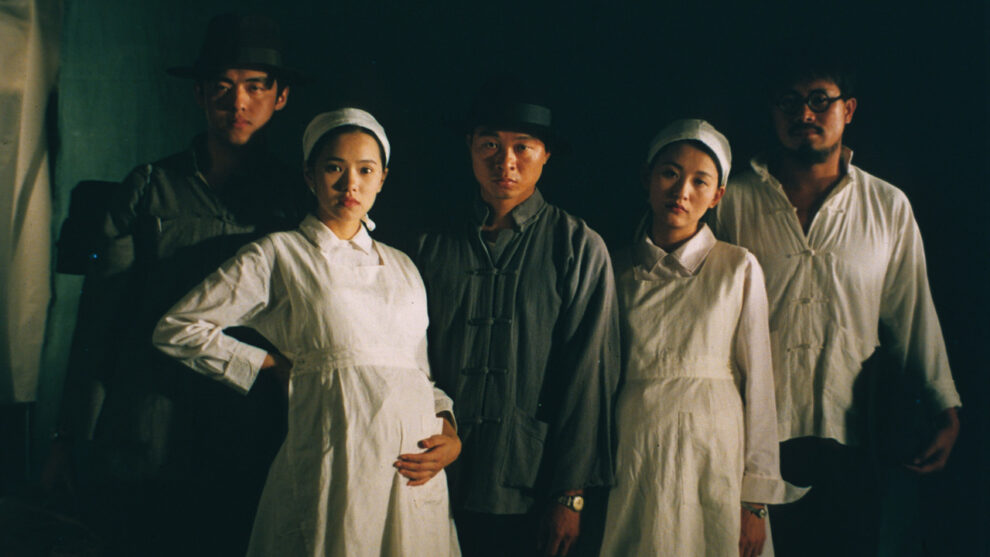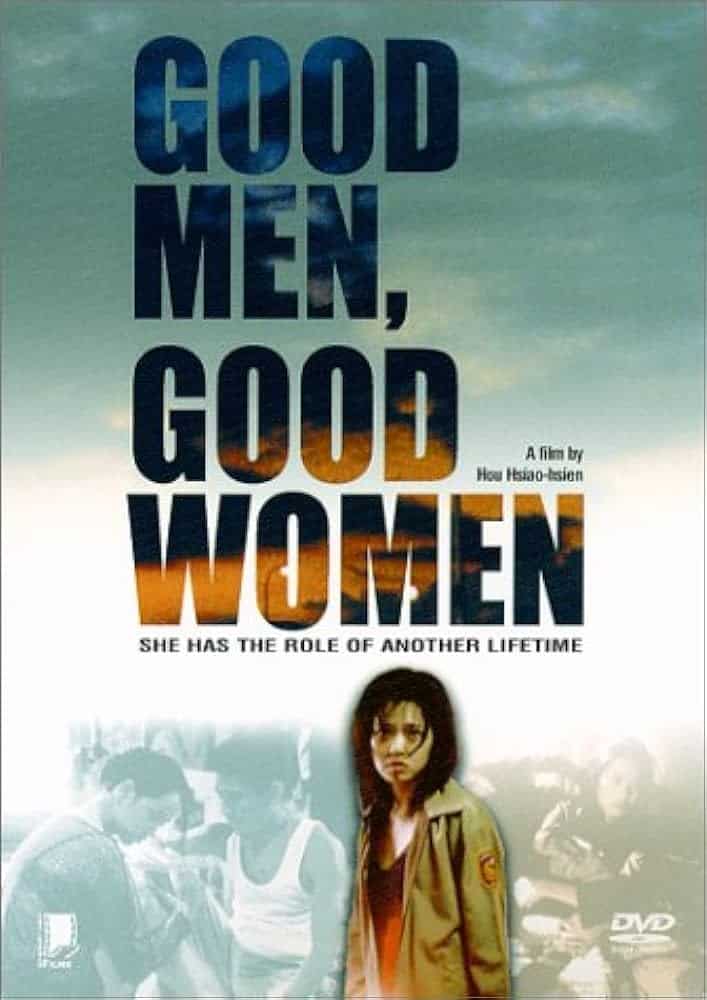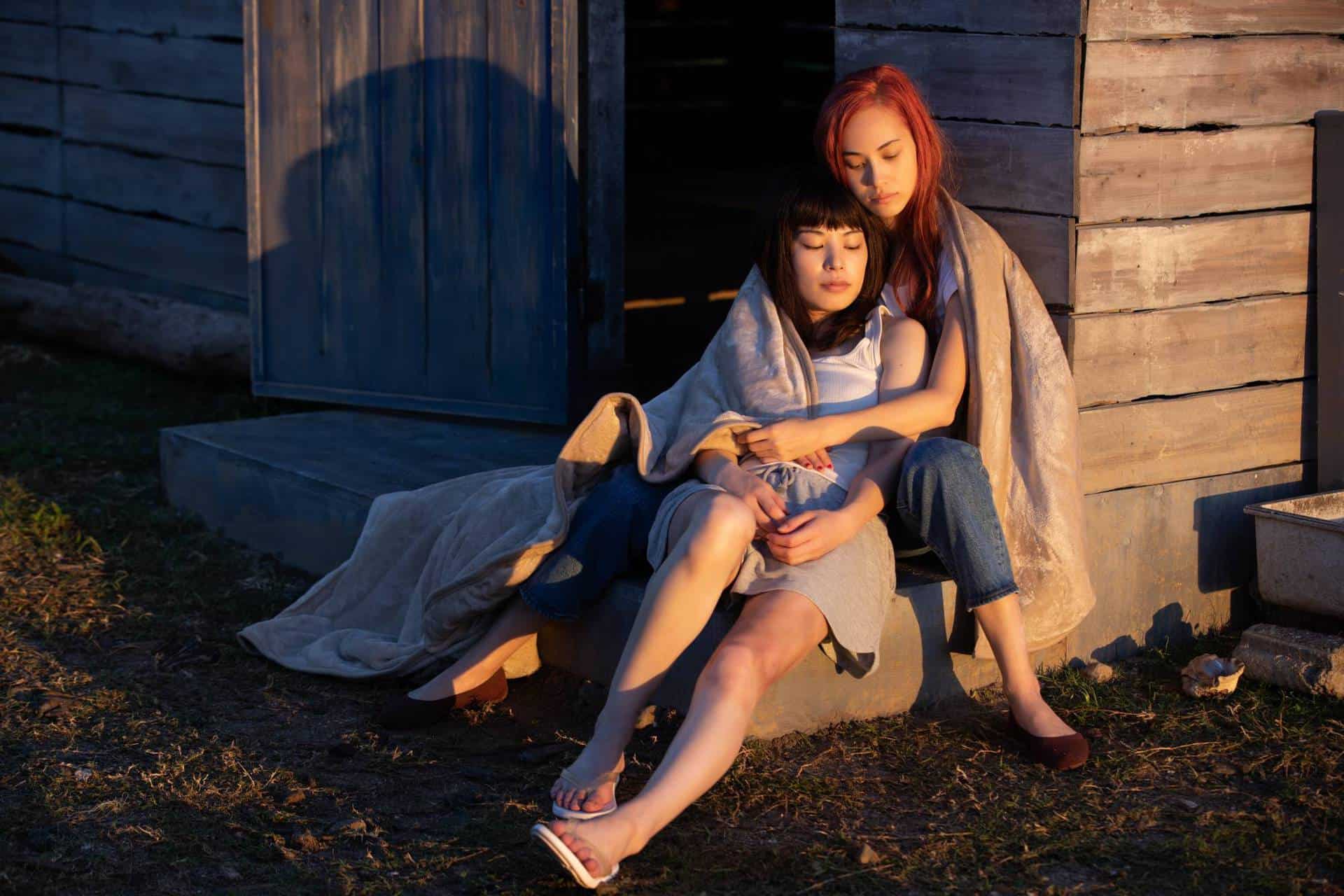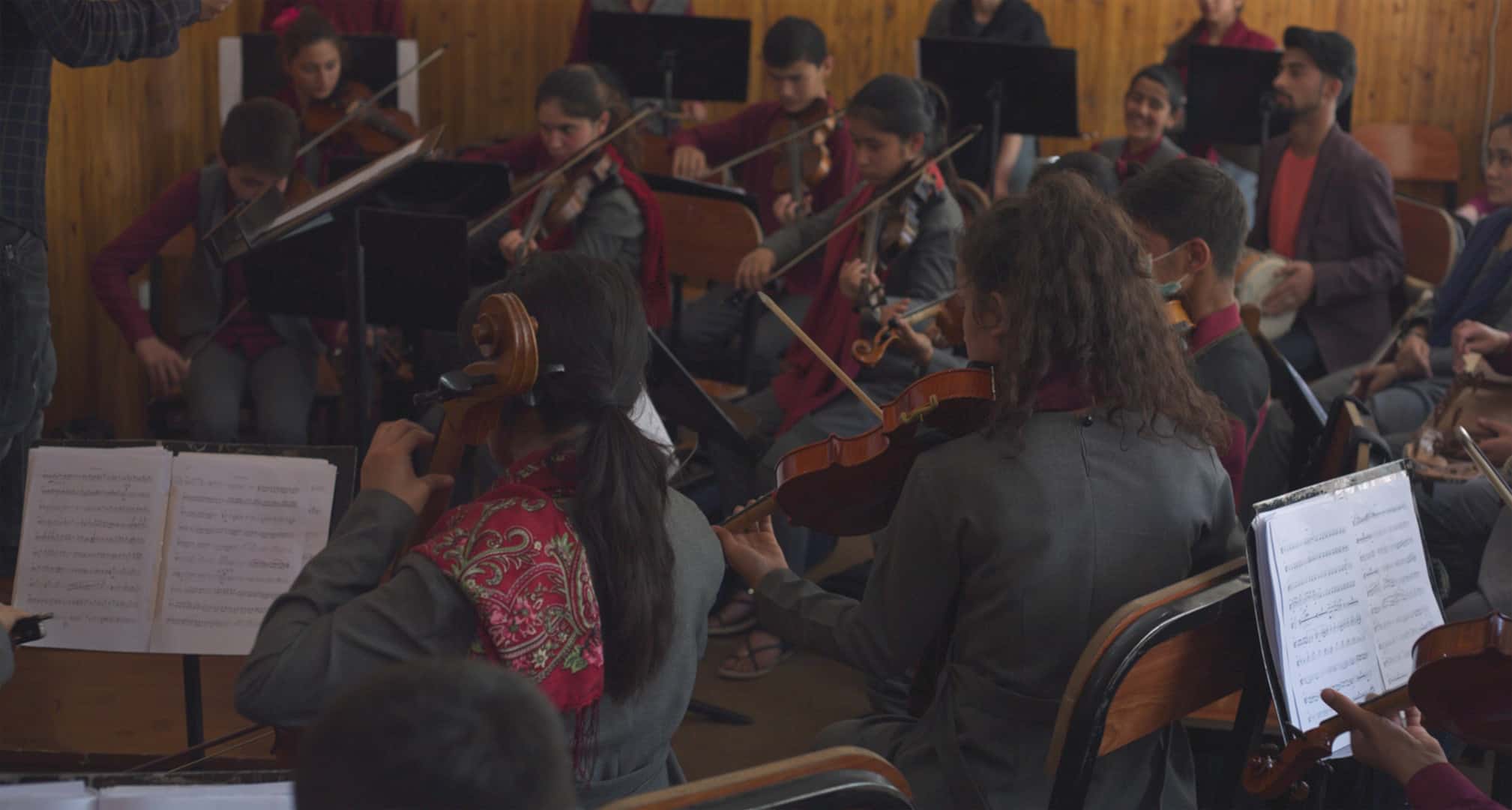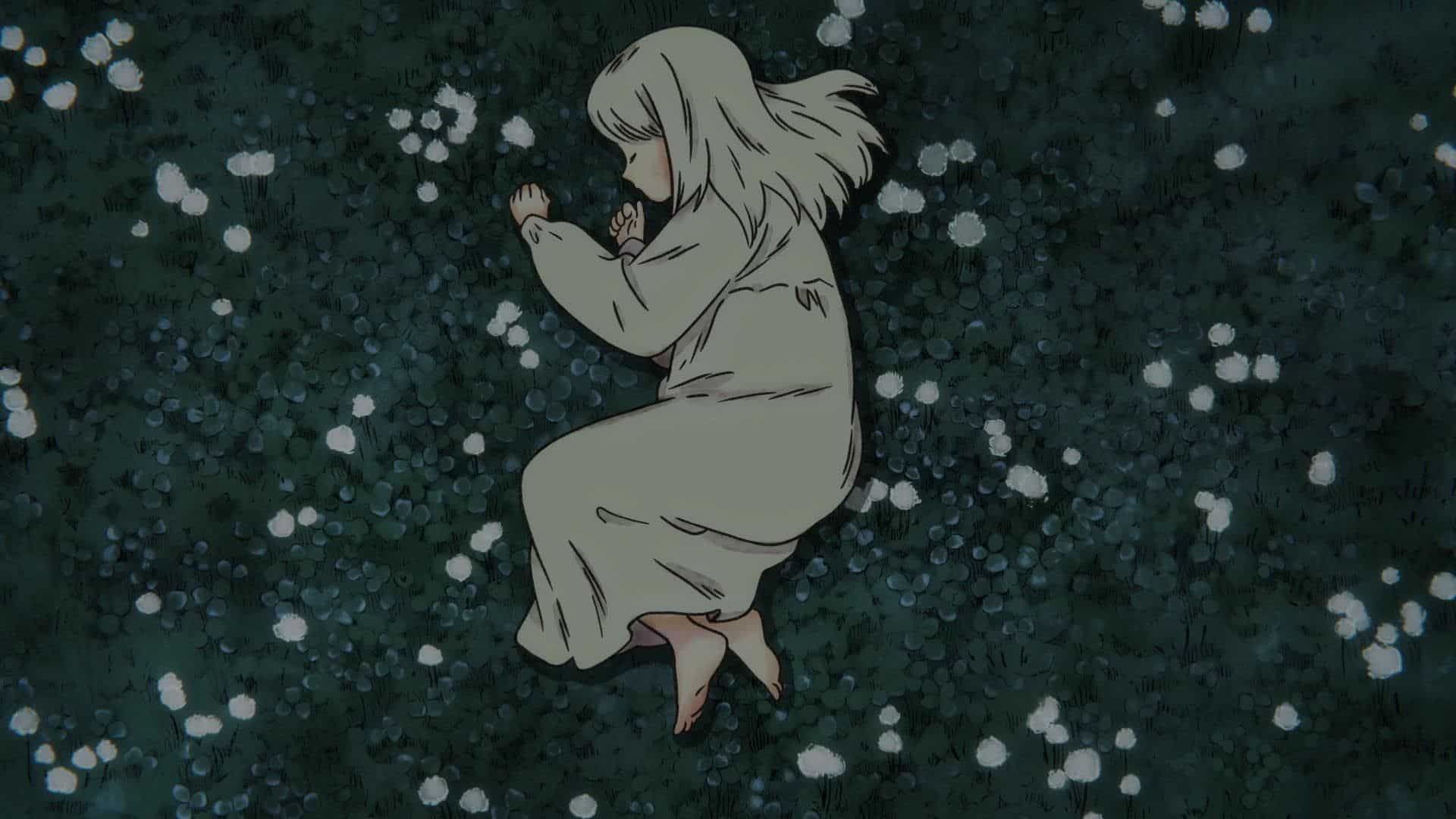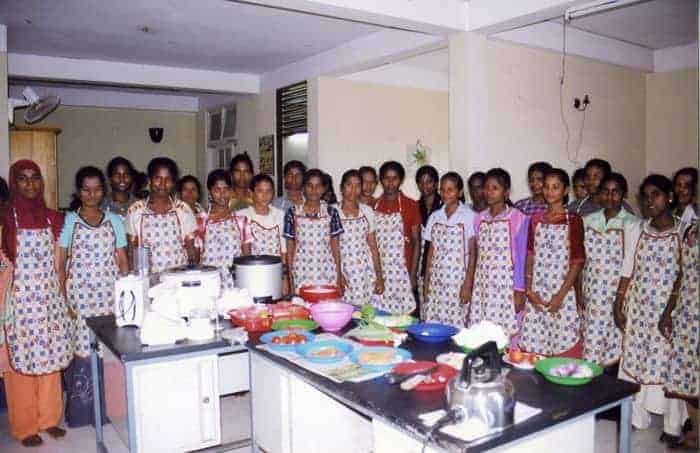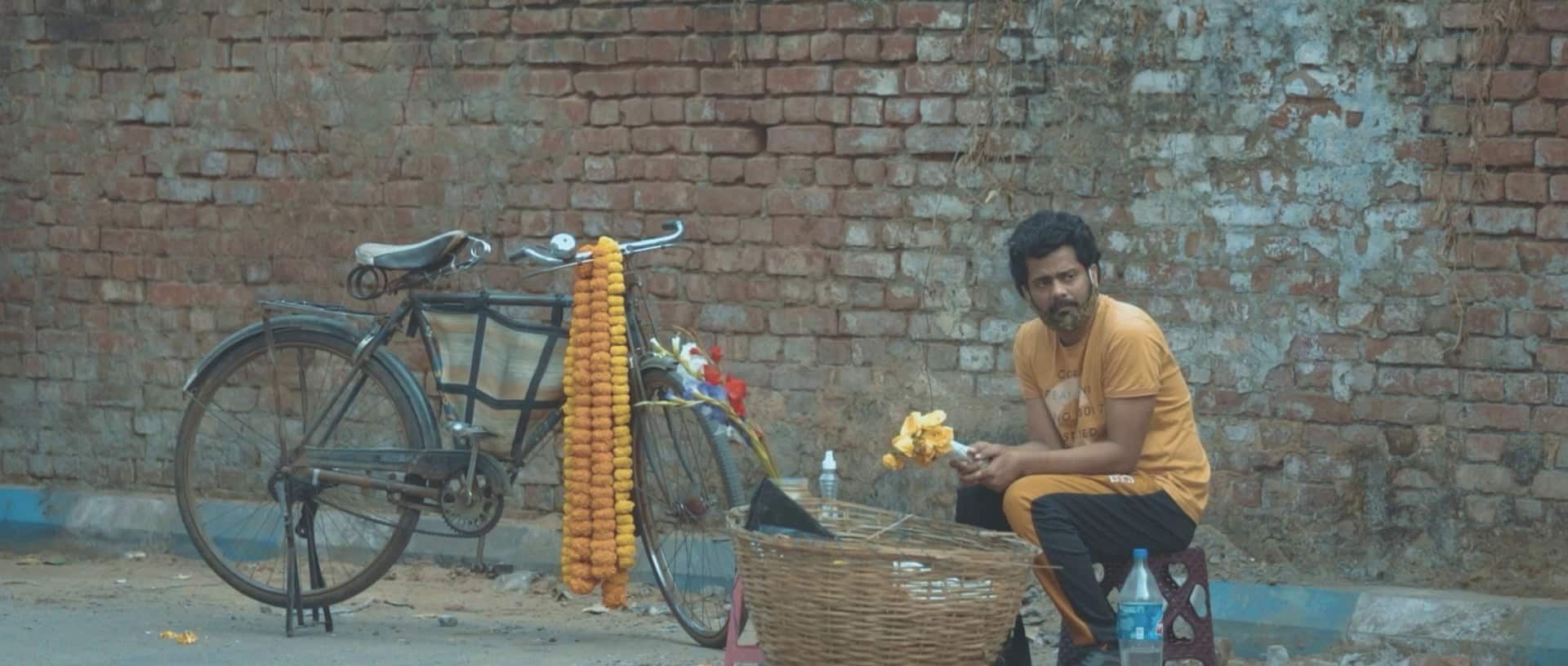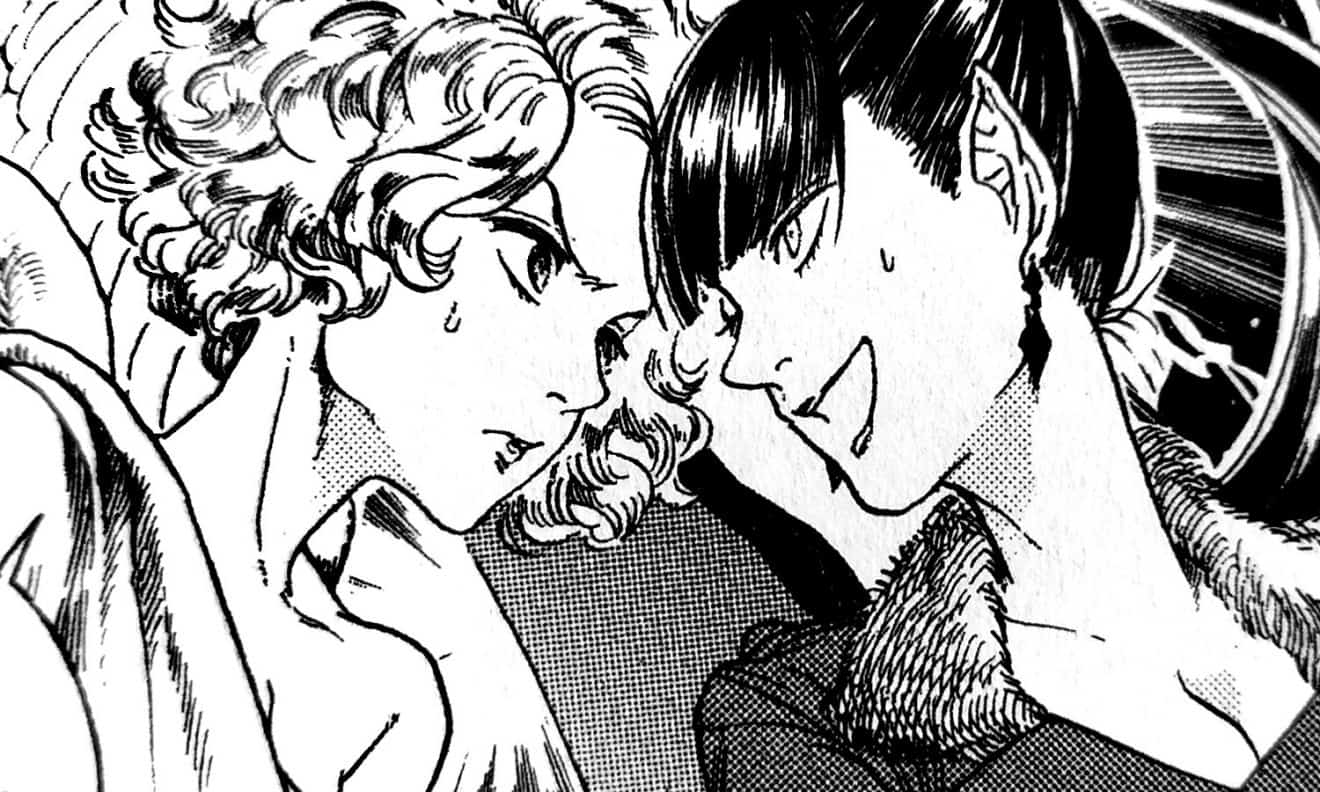In 1995, Hou Hsiao-hsien directed the last of the ”Taiwanese History” trilogy, which was his first film to be chiefly produced by a Japanese production company, Team Okuyama, although some Taiwanese companies also contributed. “Good Men, Good Women” won the Golden Deer for Best Director from the Changchun Film Festival, which was the first Chinese festival to accept entries from Hong Kong and Taiwan. Furthermore, the movie netted awards for Best Director, Best Adapted Screenplay and Best Sound Recording from Golden Horse and was screened in Cannes in the competition section, among numerous other festivals around the world.
Buy This Title
on Amazon by clicking on the image below
The film is based on the autobiography by Chiang Bi-yu. The complex script unfolds in three intermingling axes. In today's Taipei, Ching Liang, is a young actress preparing to shoot a movie (sharing a title with the actual movie), in which she plays Chiang Bi-yu, a real-life revolutionary who traveled to mainland China in the ‘40s to fight Japanese occupation, only to return home to be executed by the government (along with hundreds of others) for being a communist. The life of the aforementioned forms the second axis. While rehearsing, Ching Liang starts receiving pages from her diary through her fax from an unknown sender, who seems to have stolen it. The pages refer to her past, when she was the drug-addicted mistress of a small-time mobster, Ah Wei, while working in a hostess bar. Her life then, forms the second axis of the movie.
Evidently, the best part of the movie is the way Hou, with the help of the excellent editing by Liao Ching-Sung, combines and connects the three different timelines, with the way he switches from one another being truly impressive to watch. His directorial approach results in a narrative that demands unwavering attention by the viewer, but is also captivating enough to retain interest from beginning to end of the 108 minutes of the film. In the same fashion, the difference in visuals, with the historic past being presented in black-and-white, the close past through close ups inside the apartment and neon lighting inside the club, and the present in a way that could be described as literature-like, works equally well, even if the last part is definitely the weakest among the three. Chen Huai-en's cinematography is excellent in all three, as he manages to portray three very different visual approaches with the same artistry.
Also of note is the way the presence of the diaries makes the extensive narration utterly organic, while also intensifying the aforementioned sense, that this is essentially a book that found its cinematic hypostasis in the movie, in a style that reminds of other similar approaches, as Ann Hui's “The Golden Era” for example, although Hou's effort is much more accomplished. Lastly, another testament to Hou's prowess here is the fact that the three axes essentially are of different genres, even if drama remains the main ‘ingredient'. Chiang Bi-yu's arc is a historic drama, Ching Liang's past an erotic drama, and her present an existential drama that also includes elements of a movie-about-a movie (stage play in this case).
At the same time, the movie unfolds on another level, this time concerning Taiwan and its history. In that fashion, he parallels Ching Liang's self-destructive behavior with the social crisis that tortures the country throughout its history, while her internal conflict as she grapples with her own disloyalty, mirror's Taiwan's betrayal towards its own citizens during the White Terror period. In the end though, Liang, as much as Taiwan, must accept its past if she wants to find peace, with this emerging as the main comment Hou wanted to make with the film.
Annie Shizuka Inoh as Liang Ching / Chiang Bi-yu had the rather difficult role of portraying essentially three different parts, all of which are presented in adequate fashion to say the least. Some of her scenes in the club, the erotic one, the fight with her lover and her sister are bound to stay in mind as the movie's highlights. Jack Kao plays Ah Wei, a petty criminal who loves Liang Ching with all his heart convincingly
“Good Men, Good Women” concludes with a resonant chord, echoing Taiwan's historical reckoning through Ching Liang's personal odyssey. Hou Hsiao-hsien's deft direction and the stellar performances encapsulate the nation's turbulent past, in another excellent, multi-leveled work by the Taiwanese auteur.


